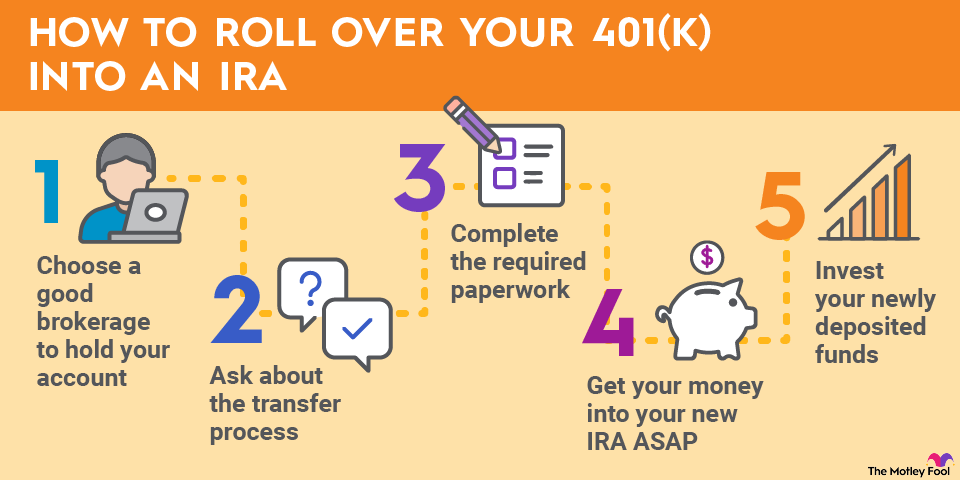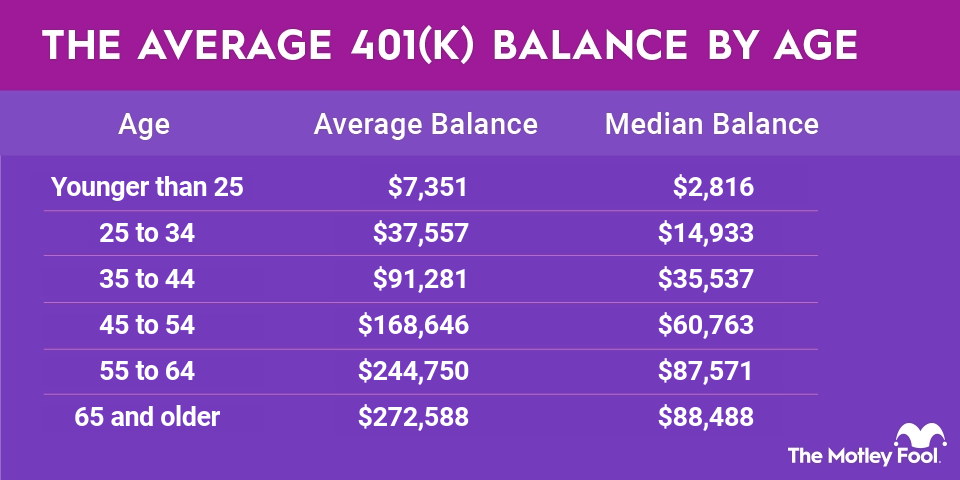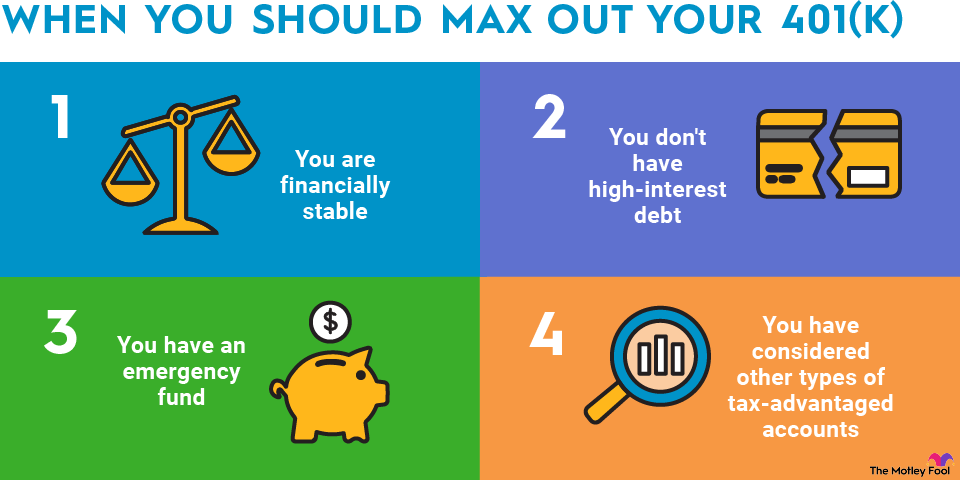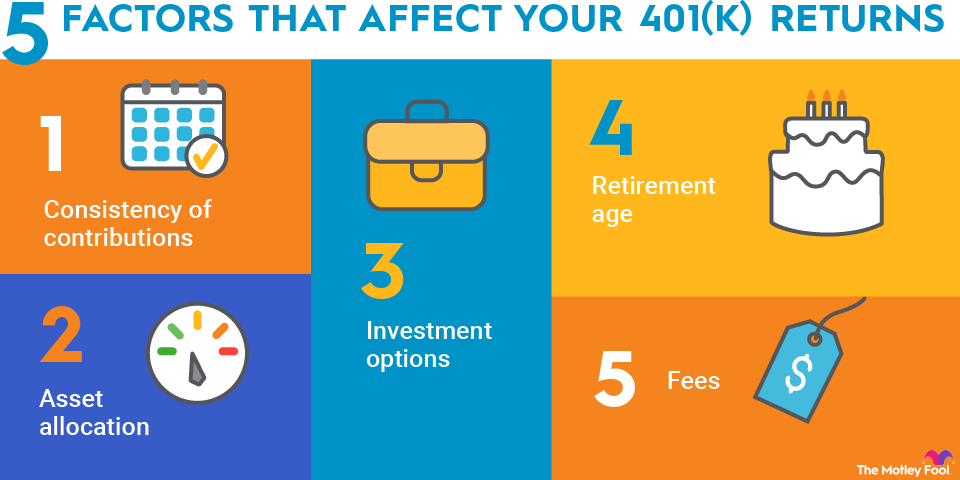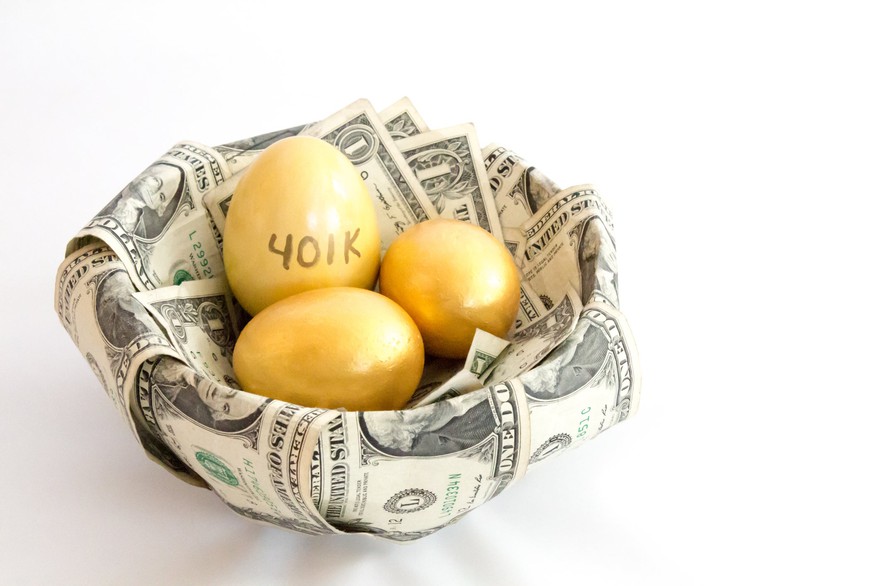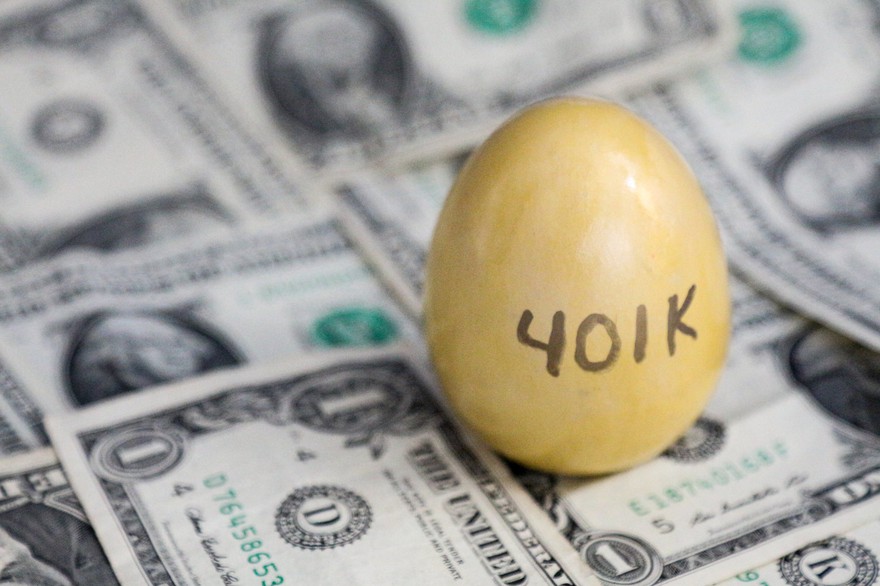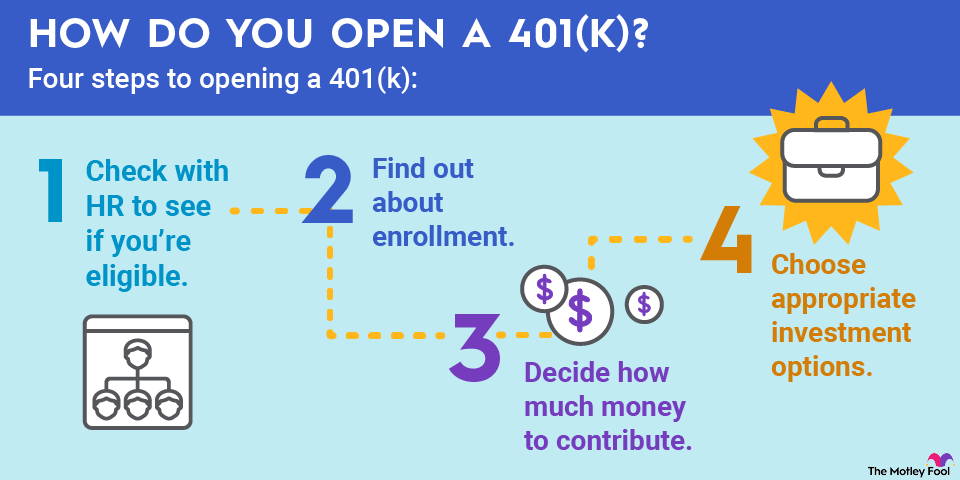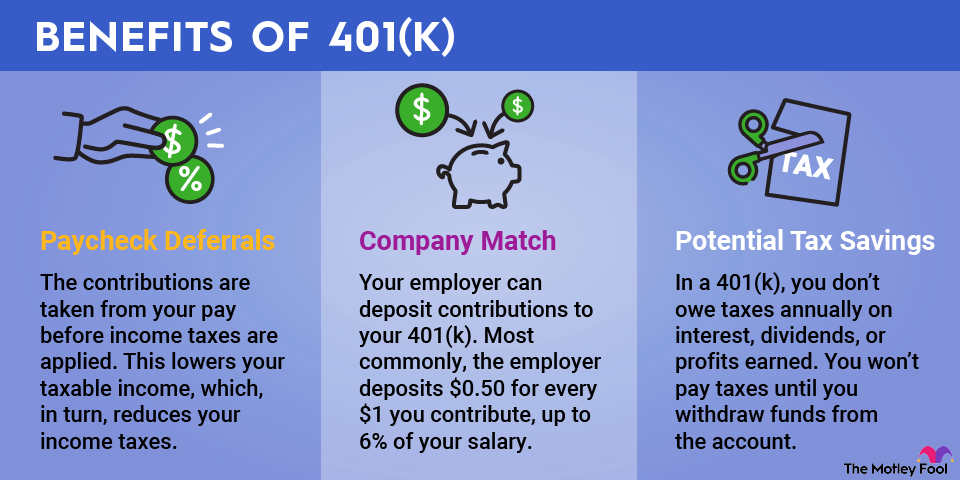Don't panic if that seems like too much money to carve out of your income. Thanks to the 401(k)'s tax advantages, a $375 paycheck deferral will cost you something less than $375. The contributions from your paycheck are tax-deductible. Known as paycheck deferrals, these amounts are taken from your pay before income taxes are applied. That lowers your taxable income, which, in turn, reduces your income taxes.
Some 401(k) plans offer matching contributions, also known as an employer match. These are deposits to your 401(k) account that are funded by your employer -- basically free money. Matching contributions follow a formula that your employer defines. A common structure is for the employer to deposit $0.50 for every $1 you contribute, up to 6% of your salary.
Those are just a couple of the rules for 401(k). You also get tax-deferred investment earnings. Normally, you'd owe taxes annually on interest, dividends, and profits earned on investments you've sold. You don't have to worry about any of that in a 401(k). You can make as much as you want on your 401(k) investments and you won't pay taxes until you withdraw funds from the account.

